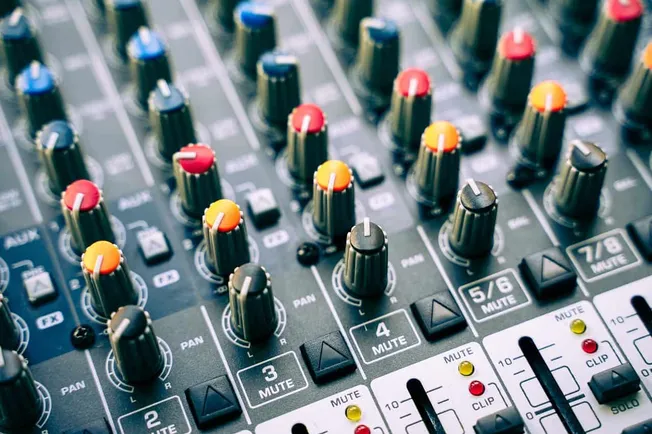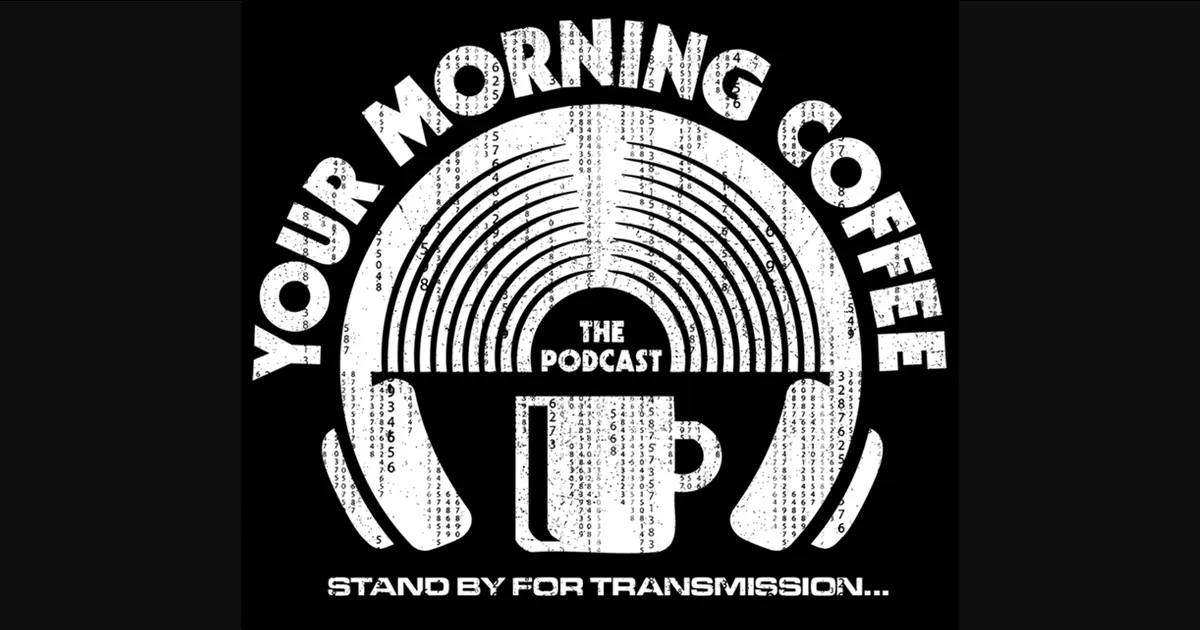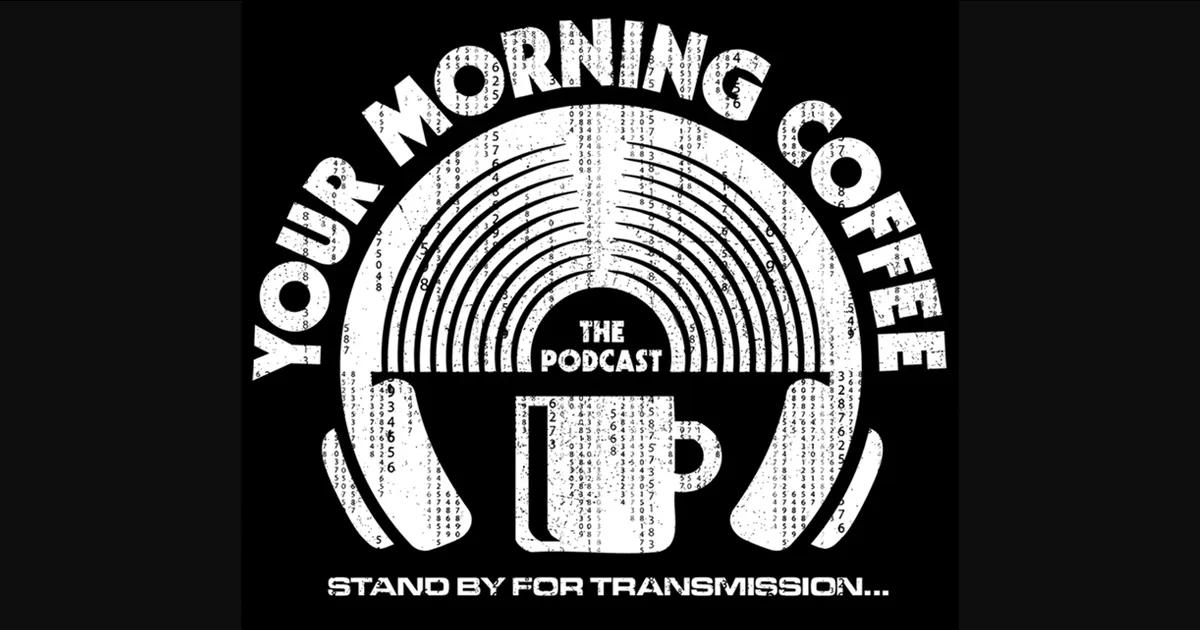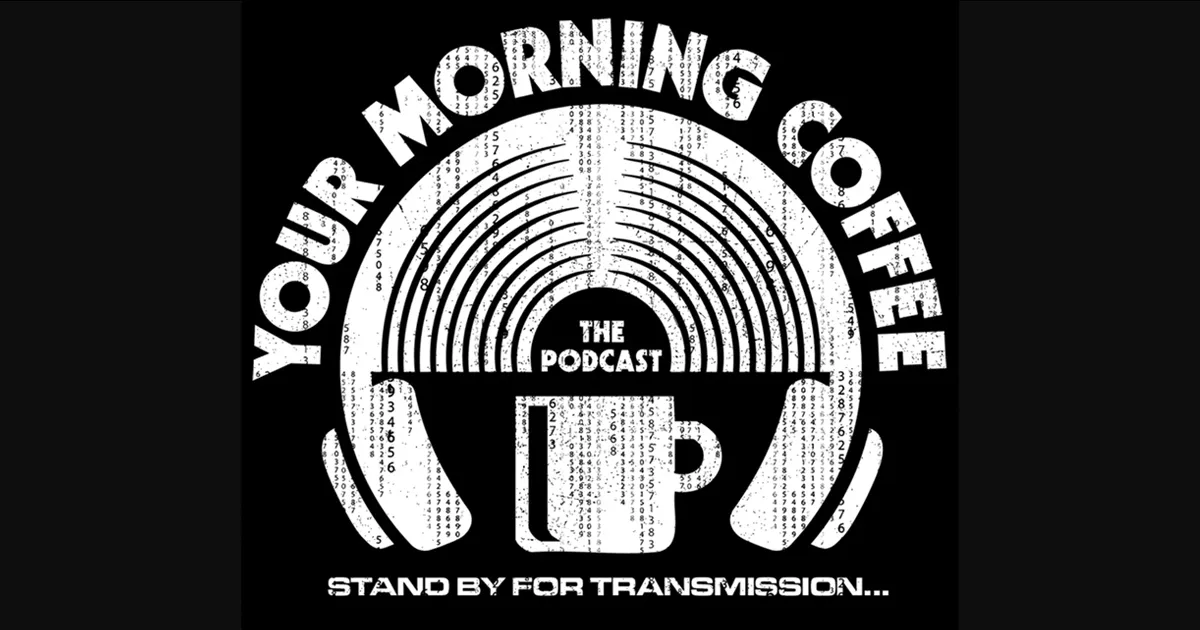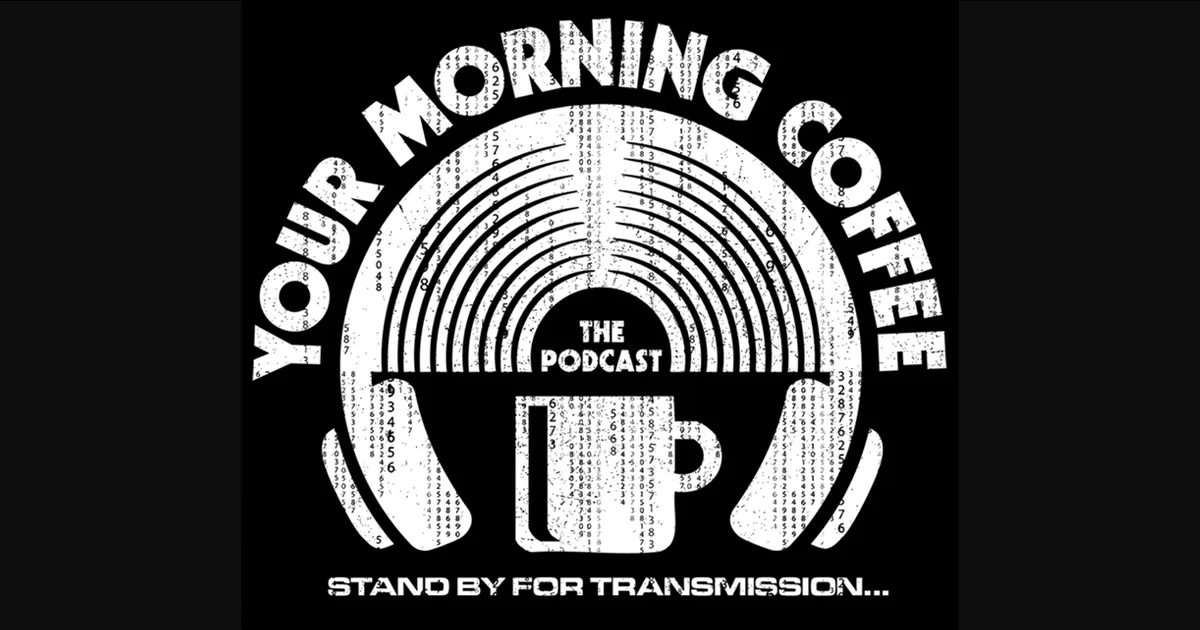[EXCLUSIVE] A change in how SoundExchange classifies remixers will distribute payments more equitably and end payouts on unauthorized remixes, according to an analysis by consultancy Manatt.
By Joe Anderson, Natasha Azava, and Alex Spring of consultancy Manatt
Remixes abound these days as it has become easier and easier to remix any released track, given the power and ease of access to modern digital music-making tools. But, remixers and the artists who created the original track often find themselves at odds with each other when it comes to how money from remixes should be shared. One major front of the remix battle exists because the performers on a sound recording are entitled to certain revenues each time the track is performed – and both a remixer and the original artist are performers on a remixed track.
We leave it to the Copyright Act in the United States to help resolve these matters, as that Act attempts to explain how different types of individuals who are involved with creating a sound recording should get compensated. But, good laws require great execution to be successful, as much is often left out of the words on the pages that form the dos and don’ts that govern our lives and businesses. And the ambiguities created by the words of our written laws can have real impact on the everyday lives of the people intended to be helped by those laws. Without diligent trial and error on the implementation side, we’d be left with little more than “thoughts and prayers.”
And seemingly with just that in mind, SoundExchange, a U.S.-based nonprofit tasked with taking the dictates of the lawmakers and regulators whose laws and regulations are designed to get the performers and owners of sound recordings in the United States paid, at least from a certain very specific pool of monies, has acted to try and work through some legal ambiguities in connection with how the payments SoundExchange collects are passed on to the artists involved in remixes (both authorized and not).
The Digital Millennium Copyright Act (DMCA) (the current version of the US Copyright Act) was signed into law in 1998. For the first time in US history, the DMCA provided for featured performers whose performances are embodied on sound recordings and the owners of such sound recordings (e.g., a record label) to receive “sound recording performance royalties” from certain performances of the recordings within the US (specifically from what are called “noninteractive digital streaming services” e.g., Pandora, SiriusXM). For those familiar with “neighboring rights” outside the US – the idea was to create something similar to those. And, thus, SoundExchange was created to setup a way to implement this new right and to collect those sound recording performance royalties on behalf of featured performers and sound recording rights holders.
The DMCA states that 50% of the sound recording performance royalties collected by SoundExchange are to be paid to the rights owners of sound recordings, 45% of those sound recording performance royalties are to be paid directly to the main and guest artists performing on those sound recordings (the “featured artists”), and the remaining 5% are paid into a fund for nonfeatured artists who also perform on those sound recordings (usually “session” musicians). The DMCA further requires that all featured performers on recordings played by the services that pay into SoundExchange be paid a share of sound recording performance royalties, but SoundExchange had to set up the process by which multiple featured artists on a recording are to share in those monies allocated to them as a group.
To do that, SoundExchange implemented two ways the 45% of performance royalties designated for featured artists can be split. One way is for featured artists to submit a document called a repertoire chart to SoundExchange indicating the splits. But in the absence of such a submission, SoundExchange’s default rule, i.e., to equally split the monies pro rata based on the number of featured artists on the recording, applies. If there is only one featured artist, that person will be entitled to collect 100% of the featured artist’s share of royalties. If there are two featured artists, each is entitled to receive 50%, and so on. Accordingly, where a repertoire chart is not submitted for a particular recording, and as long as a featured artist who is registered with SoundExchange is associated with the track (by the title, the credits or other metadata), that featured artist will automatically be designated by SoundExchange as a featured artist and paid their cut of the sound recording performance royalties collected by SoundExchange for that recording during regular accounting periods.
This creates an issue where remixers on unauthorized remixes of a recording are credited in the track title of such unauthorized remixes. Where an artist authorizes a remix, the artist and the remixer will agree on how to split the featured artist’s share of the sound recording performance royalties. But with an unauthorized remix, that conversation never takes place. Nevertheless, simply by being credited in connection with that unauthorized remix (a process controlled by the remixer who uploads that unauthorized remix), the remixer would get automatically designated by SoundExchange’s system as a featured performer on that unauthorized remix, resulting in SoundExchange automatically, and unintentionally, directing a pro rata share of the featured artist sound recording performance royalties to that unauthorized remixer.
SoundExchange reclassifies Remixers
Starting July 1, 2023, SoundExchange implemented a solution to this problem – namely, requiring that remixers be treated as any other third-party “creative participant,” similar to producers and mixers, on remix recordings. Third-party creative participants have customarily been granted a share of sound recording performance royalties, which is taken “off the top” before the featured artists receive their share. Because third-party creative participants are not entitled to a share of SoundExchange sound recording performance royalties by statute as featured performers are, in order for them to get paid, a SoundExchange letter of direction (LOD) has to be submitted to SoundExchange memorializing the allocation of the portion of sound recording performance royalties that may be paid to third-party creative participants. SoundExchange now requires the same LOD for remixers. And similar to an LOD for producers and mixers, such LOD for remixers has to be signed by all featured performers on a sound recording for a remixer to receive their share of sound recording performance royalties in full. Therefore, SoundExchange now treats remixers in the same manner as producers and mixers with respect to receiving royalties through an LOD that must be signed by all featured performers on a remix recording. This will eliminate unauthorized remixers who remix recordings without the consent of the underlying recording’s featured performer(s) from erroneously sharing in the sound recording performance royalties from the remix.
Going forward, in light of SoundExchange’s new policy, when an authorized remixer makes a claim to a share of sound recording performance royalties for a remix recording, they should ensure all featured performers’ representatives provide a SoundExchange LOD memorializing the remixer’s cut of the sound recording performance royalties which is signed by all featured performers on the remix recording and ask for proof of submission of the LOD to SoundExchange. This is essential because including a remixer’s name in the title (or in the metadata) of a remix recording will bear no weight because a name in the title of a remix recording does not impact whether a creative participant can be paid through an LOD (as was previously the case for remixers). But if you are a performer who does not intend to grant a remixer a share of sound recording performance royalties, then no action would need to be taken under this new policy because SoundExchange will not make payments to creative participants such as remixers without an LOD in place. Notably, if a repertoire chart (submission of which was the previous protocol if a featured performer elected to grant an authorized remixer a share of the sound recording performance royalties for a remix recording since only creative participants could previously be paid via an LOD) was submitted on behalf of a remixer in connection with a remix recording, SoundExchange will reject it if reviewed after July 1 (regardless of when it was actually submitted). Therefore, if/when a rejection is received, an LOD should be signed and submitted in its place. Accordingly, any submission of a repertoire chart or a remixer’s claim to sound recording performance royalties that has not been approved by SoundExchange as of July 1 will likely be rejected, so remixers should prepare and submit LODs reflecting their share of sound recording performance royalties for remix recordings to more quickly claim their cut for remix recordings.

